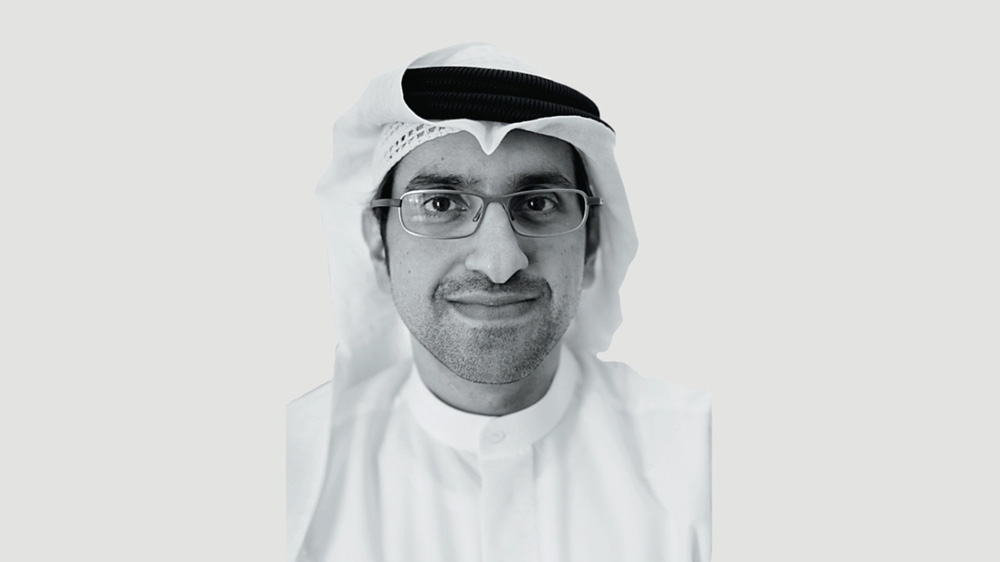
SULTAN SOOUD AL QASSEMI
Sharjah, UAE
Entrepreneur; Philanthropy (Barjeel Art Foundation)
Modern and contemporary Arab art
Well-known for his tweets about politics and life in the Middle East, which landed him on a Time magazine list of best Twitter feeds in 2011, Sultan Sooud Al Qassemi made his money from a mixture of inheritance and entrepreneurship. He is a member of an organization called the Global Commission on Internet Governance, and he is also an MIT Media Lab Director’s fellow. In his collecting, he focuses on contemporary Arab artists, and he has told ARTnews that he “sees collecting and displaying art as a further extension of my written social commentary on Middle Eastern developments.” He has not shied away from voicing opinions on conflict in the region he calls home—Al Qassemi was considered a prominent figure during the Arab Spring.
His foundation, the Barjeel Art Foundation, based in Sharjah in the United Arab Emirates, holds approximately 1,200 pieces of modern and contemporary work, with an emphasis on Middle Eastern modernism. Notable works from the collection includes Mahmoud Sabri’s The Hero (1962), Marwan’s Untitled (Kopf), 1975–76, and Hamed Ewais’s Le Gardien de la Vie (1967–68). Recently, the Foundation acquired Iraqi painter Dia al-Azzawi’s work A Wolf Howls: Memories of a Poet (1968), based on an unpublished poem by the Communist poet Muzaffar Al Nawab that narrates the story of a mother who lost her son during the aftermath of the Ba’ath coup in Iraq. “One of the works I hold very dear is The Last Sound, painted by Sudanese artist Ibrahim el-Salahi in 1964,” he told ARTnews. “El-Salahi is one of Sudan’s most prominent modernists, and contributed much to the development of a modern national visual language. This particular work was painted following the passing of his father, referencing the soul’s transition from the worldly realm into the celestial one.”
This article was originally published in Art News on December 2022. A screenshot of the article can be downloaded here.